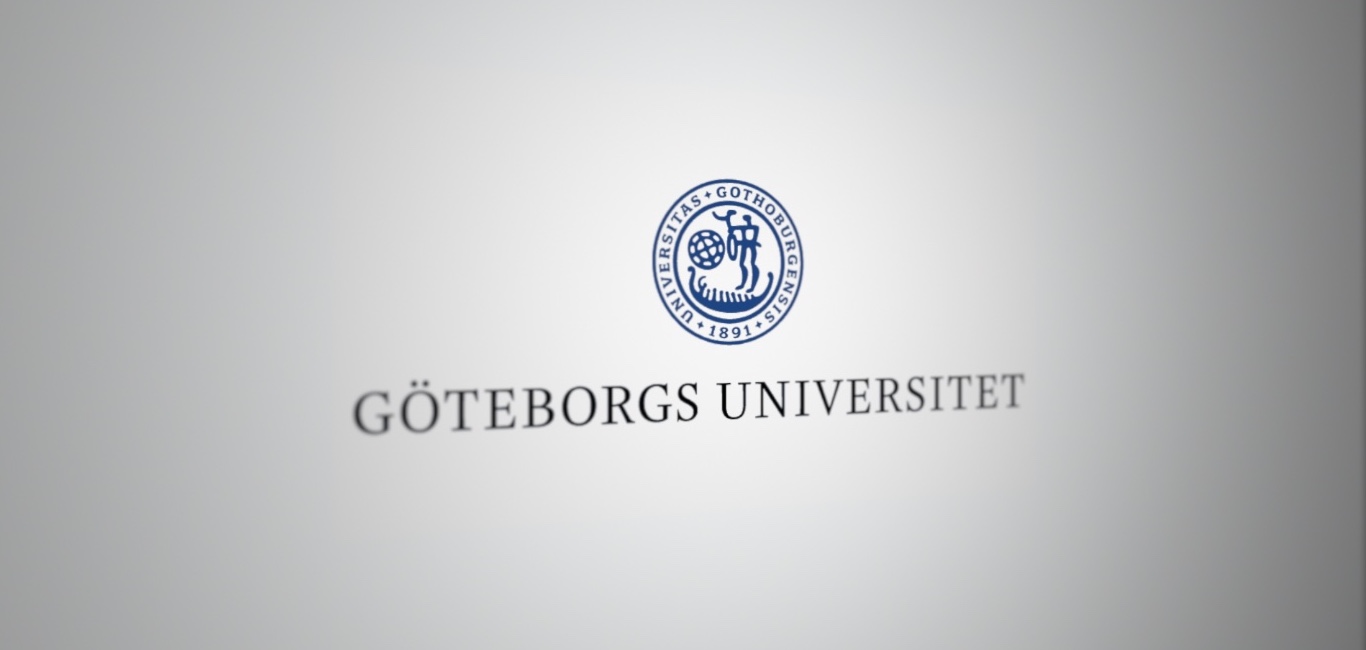Handelshögskolan at the University of Gothenburg accesses EuroHPC JU supercomputer Karolina!
While the global economy is facing very uncertain times, there has been a soaring number of retail investors, adding up to as much as one third of capital market investors as of 2021 (Financial Times). Due to increased interest in capital market investments by the wide public, firms’ incentives to provide information that attracts investors’ attention have also increased. An important question that remains open, however, is the extent to which this information overload is useful to capital markets.
As part of this project, the team at Handelshögskolan study the type and content of financial information that is important to investors’ decision-making. They focus on Earning Conference Calls (ECCs) as a dynamic setting which captures not only managements’ intended disclosure but also financial analysts’ information demand.
Using all ECCs from 2006 to 2020, they implement a pipeline of several natural language processing algorithms to measure information content, specificity and novelty during the discussions between analysts and managers. More specifically, they implement Gensim LDA topic modelling, Stanford Stanza Name Entity Recognition and Cosine Similarity measure.
The access to EuroHPC supercomputing resources allows the team at Göteborg University to combine such algorithms and run over a very large data set. Based on the results, they will document that analysts’ impact on managements’ disclosure is dependent on question features in terms of the level of detail and novelty demanded. Furthermore, they show that information specificity and novelty are not captured by investors immediately after calls, potentially due to the complex nature of such information. New and detailed information may be more informative to more sophisticated users, such as financial analysts, in terms of improving forecast accuracy and dispersion.








